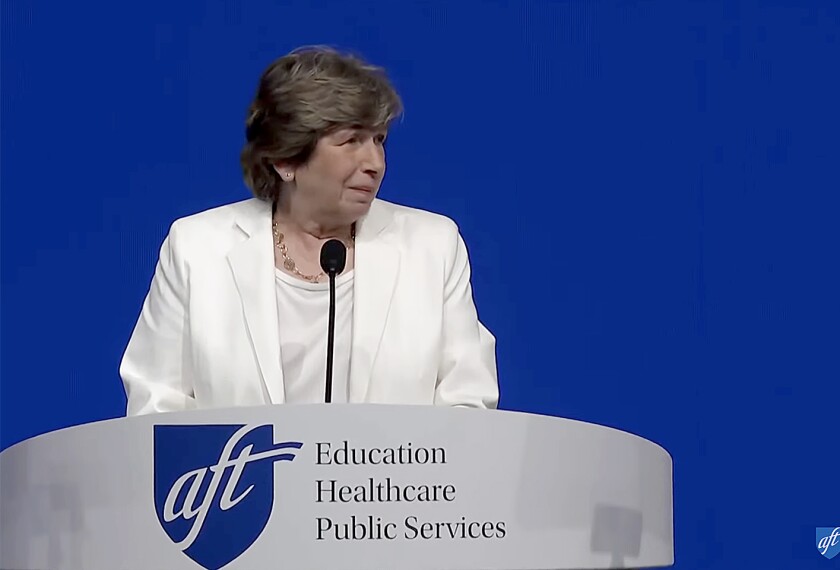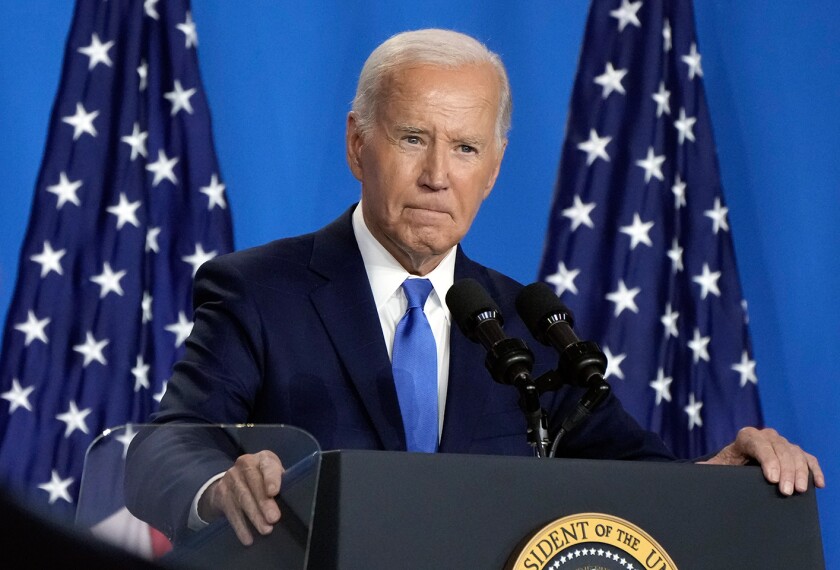U.S. Rep. George Miller of California, the top Democrat on the House education committee, along with a range of advocacy groups, has warned that the U.S. Department of Education isn’t holding states’ feet to the fire when it comes to monitoring graduation rates from states that have received waivers from parts of the No Child Left Behind Act.
In a Sept. 21 letter to U.S. Secretary of Education Arne Duncan, the congressman expressed worries that states are trying to wiggle out of the reporting regulations that require states to use a uniform metric for calculating graduation rates.
Before those regulations were issued in 2008, Mr. Miller wrote, states used “nonregular diplomas such as [General Educational Development certificates]; set meaningless goals and growth targets for improvement; and did not account for the graduation rates of subgroups of students.”
Although Mr. Miller noted in his letter that the Obama administration’s waiver plan didn’t give states flexibility on the 2008 graduation regulation, he said some of the 30-plus states that have gotten waivers “clearly do not uphold graduation-rate accountability” in their approved plans.
Groups including the Alliance for Excellent Education, the National Council of La Raza, the National PTA, and the U.S. Chamber of Commerce sent Secretary Duncan a letter on the same day echoing many of Rep. Miller’s concerns.
In an email comment, Justin Hamilton, a spokesman for the Education Department, said: “No one works harder and cares more about kids than Congressman George Miller. We appreciate his concerns and want to assure him that we will vigilantly monitor states to make sure their kids [are] getting over the bar and graduating them.”
This isn’t the first time Rep. Miller has expressed qualms about the specifics of the waivers. He and U.S. Sen. Tom Harkin, D-Iowa, the chairman of the Senate education committee, wrote a letter earlier this year outlining concerns about the accountability provisions in some of the first-round waiver applications, including the movement toward “super-subgroups” that lump together special education students, English-language learners, low-income students, and others for accountability purposes.





